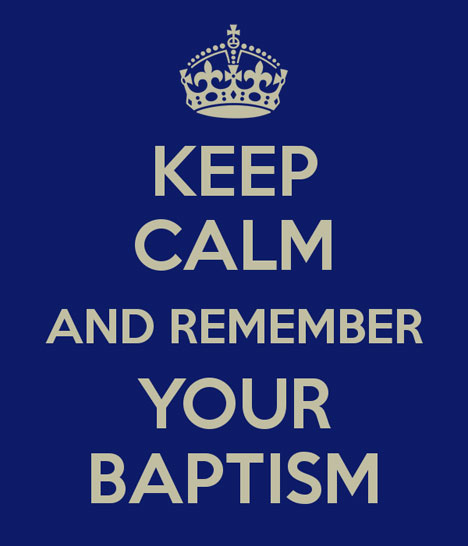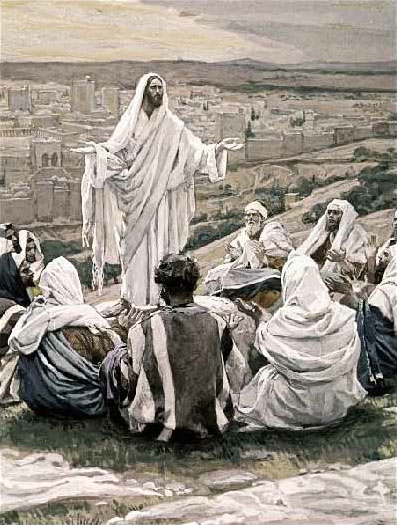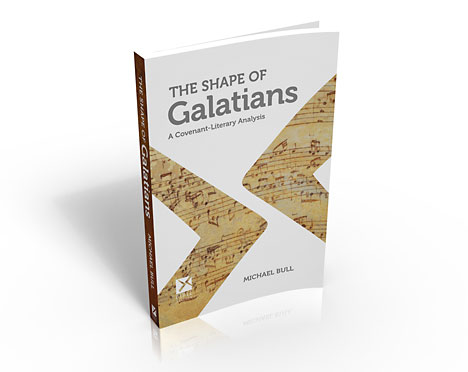Feb
28
2014

Jesus’ reference to Daniel 7 in Matthew 26:64 (and Mark 14:62) is a source of some confusion. To figure out what is actually going on in Daniel’s vision, we have to go back to Leviticus 16. James Jordan writes:
…when Jesus calls Himself “the Son of Man,” He is referring to Ezekiel, not to Daniel 7 (except perhaps indirectly). Jesus is the Greater Ezekiel. Christians are those who are “like the Son of Man,” like Jesus.
Continue reading
Comments Off | tags: Atonement, Daniel, Ezekiel, High Priest, James Jordan, Leviticus, Systematic typology | posted in Against Hyperpreterism, Bible Matrix, Biblical Theology, The Last Days
Feb
24
2014
Bauhaus and the Bible

“What is in the nature of these materials?”
The Bauhaus, founded in Germany in 1919 by architect Walter Gropius, had a profound influence in every area of design, from graphics and typography to clothing, furniture and architecture. The institution was not so much a style as a method, its philosophy based on the idea that if something is well-designed it will be beautiful of its own accord. The means to this end involved the founding of an art school where every student was also a tradesman, and every tradesman was also an artist. The Bauhaus manifesto expresses Gropius’ desire to unite the trades and the arts that their works might possess the grace of an inseparable marriage of function (design) and form (beauty).
This post has been slain and resurrected for inclusion in my 2015 book of essays, Inquietude.
Continue reading
Comments Off | tags: Culture, Ecclesiology, Postmillennialism, postmodernism, Tabernacle | posted in Apologetics, Bible Matrix, Biblical Theology, Ethics
Feb
22
2014

Many of the obscure and apparently obsolete details in the Torah are hints of events later in the Bible. Some of these details are not what is said but what is not said. And some of these unspoken hints are discernible only through identification of common structures. One example is a line missing from Genesis 1.
Continue reading
Comments Off | tags: Abraham, Covenant Theology, Fractals, Literary Structure, Moses | posted in Bible Matrix, Biblical Theology
Feb
22
2014

“The whole world is like a drunken peasant.
They fall off one side of the horse or the other.” – Martin Luther
An Apology to Joel McDurmon – In Both Senses of the Word
“As Christians, an exhortation to ‘remember your baptism’ is a good one, but this begins with a baptism you can actually remember.”
Joel McDurmon of American Vision just wrote a post tracing back to their Arminian doctrine the deceit and manipulative tactics use by, and even marketed by, the Elevation Church to increase their baptism quota. He writes:
If “saving souls” is the main end-game of your Christian faith, and if the free will is the last hurdle of salvation, then why would you not what the help of an army of marketers, managers, assembly lines, pre-packaged directions, techniques, tools, processes, and networks of support farms and professionals who can claim “billions served”?
It’s only from the standpoint of the doctrines of grace that it makes sense to criticize these manipulative tactics. It is encouraging that some Christians seem naturally uneasy when a church like Elevation admits what it does. But Elevation is just a mote. Free will theology is the plank.
Well, my nickname is Bully and I saw red. A discussion ensued on facebook which did not end on very good terms. Of course, this is something that rarely ever happens (not). I believe what I wrote was entirely objective, and at least as gracious as Mr McDurmon’s opinion piece, however re-reading it, it was badly worded and Joel, a writer whose work and ministry I admire, took it personally. I wrote:
Continue reading
4 comments | tags: Baptism, Covenant Theology, Ecclesiology, Joel McDurmon | posted in Biblical Theology, Christian Life
Feb
18
2014

This post is from Chris Wooldridge’s blog. His take on the structure of the Lord’s prayer is a little different to mine (I have the evil one at the center) but I find it very attractive and interesting. He writes:
Continue reading
7 comments | tags: Chris Wooldridge, Literary Structure, Matthew, Ten Commandments | posted in Biblical Theology
Feb
14
2014

“…a mystery without a solution, a horror story without savagery, a nightmare in which all the watches stop at noonday…”
Continue reading
4 comments | tags: Culture, Film, Hermeneutics, Revelation, Typology | posted in Biblical Theology, The Last Days
Feb
12
2014

“As always, the beauty of the arrangement is breathtaking. It is historical narrative, poetry, legal Covenant and high symbolism all at once… It consists of three Cycles which recapitulate the triune ‘Garden, Land, World’ architecture of the Creation and the Tabernacle.”
Matthew 28: SUCCESSION
The fifth major cycle takes us to the end of the Covenant pattern, from the Covenant Sanctions to Covenant Succession. In the Old Testament, this concerned handing Covenant authority to the faithful of the next generation. It was the blessings of Jacob upon his sons (Garden), and Moses passing the baton of headship of Israel to Joshua (Land). This time, the inheritance was not the Garden Sanctuary of Moses [1] nor the Land of Canaan, but the entire World. Thus, it is no accident that in both cases, in that of Joshua and that of the disciples, He said, “I am with you.” A battle lay ahead.
Continue reading
Comments Off | tags: Baptism, Evangelism, Literary Structure, Matthew, Resurrection, Revelation | posted in Bible Matrix, Biblical Theology, The Last Days
Feb
9
2014

“Show me your tomes, and I will draw you a napkin.”
The usual way to approach a theological problem is to read just about everything written on the subject by just about everybody else, and quote just about every one of them in a book that almost nobody is going to read. And the result most often looks like the same landscape just slightly rearranged. There is little or no progress.
This post has been slain and resurrected for inclusion in my 2015 book of essays, Inquietude.
Continue reading
Comments Off | posted in Bible Matrix, Biblical Theology, Quotes
Feb
3
2014

Paul understood God’s ways. God’s ways are “Covenant-shaped,” they concern transformation, and the glory always comes at the end. It is the result of God’s Word going out and coming back with something good, His own goodness multiplied.
Continue reading
4 comments | tags: Circumcision, Covenant Theology, Genesis, Literary Structure, Paul, Romans | posted in Bible Matrix, Biblical Theology
Jan
31
2014

The book is currently with the editor for a polish and will be available soon. Here’s a unique review from Steven Opp, who is actually quoted in the book, but don’t let his bias deter you. I still reckon the literary “riffs” are the Apostle Paul’s, not mine, so imagine it’s Paul up there on stage with a “drumitar” and a heart full of jazz.
Several years ago I went with my brother Ryan to see Béla Fleck and the Flecktones in concert. They are an instrumental fusion band consisting of a banjo, sax, bass, and “drumitar” (if you donʼt know what a drumitar is, go on youtube and find out!) As we waited for the curtains to open, I asked Ryan if he knew what songs theyʼd be playing. He said they would do some of their hits but that it would probably morph into a jam session. But not just any jam session. We would witness some of the worldʼs best jazz and bluegrass artists come together and just have some fun. “The truth is,” he said,“weʼre basically going to watch four really talented guys get on stage and play with their toys for a couple hours.” As the night unfolded, I realized he was right. And it was a great concert!
Continue reading
Comments Off | tags: Galatians, Literary Structure, Steven Opp, The Shape of Galatians | posted in Bible Matrix, Biblical Theology



































